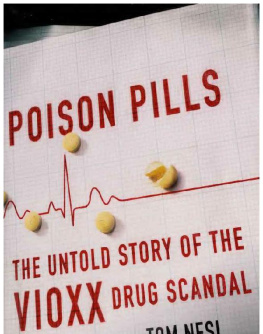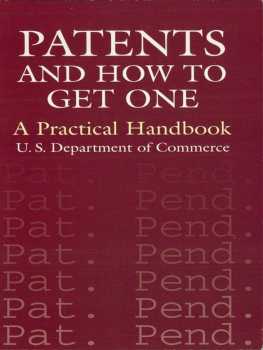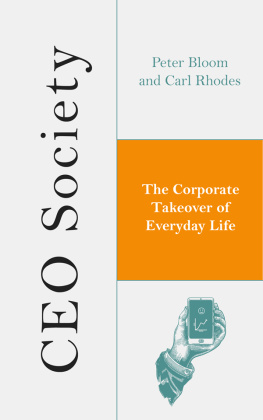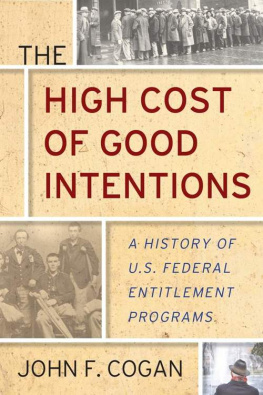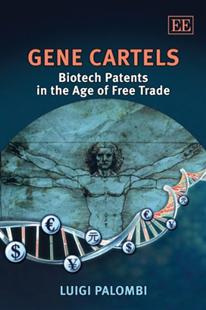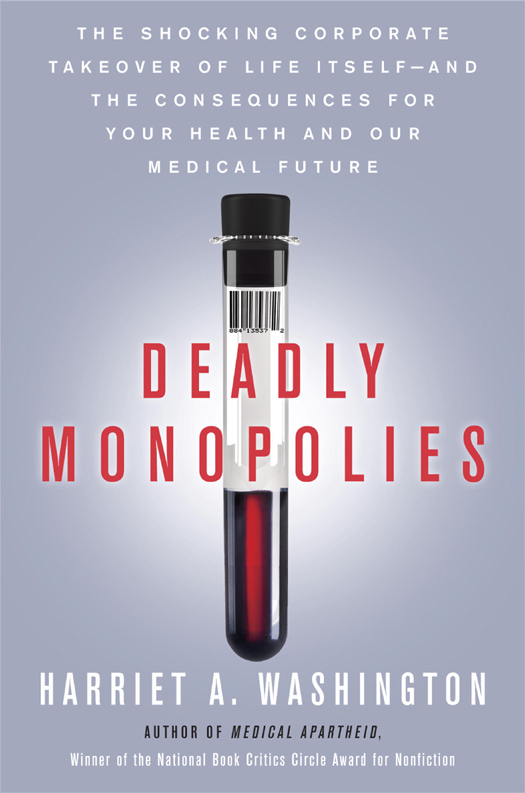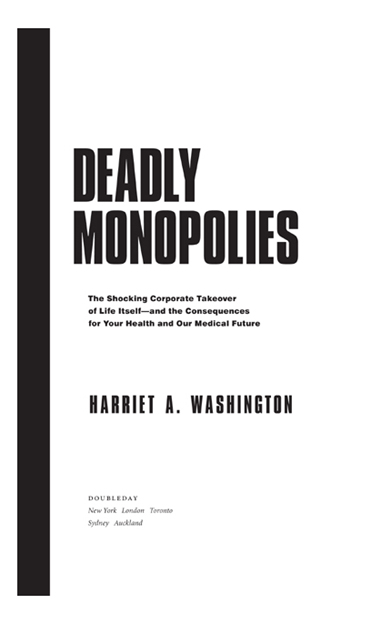Also by Harriet A. Washington
Medical Apartheid: The Dark History of Medical Experimentation on Black Americans from Colonial Times to the Present
Living Healthy with Hepatitis C: Natural and Conventional Approaches to Recovering Your Quality of Life

Copyright 2011 by Harriet A. Washington
All rights reserved. Published in the United States by Doubleday,
a division of Random House, Inc., New York, and in Canada
by Random House of Canada Limited, Toronto.
www.doubleday.com
DOUBLEDAY and the portrayal of an anchor with a dolphin
are registered trademarks of Random House, Inc.
Jacket design by Emily Mahon
Jacket illustration Thomas Collins / Getty Images
Library of Congress Cataloging-in-Publication Data
Washington, Harriet A.
Deadly monopolies : the shocking corporate takeover
of life itselfand the consequences for your health and
our medical future. / Harriet A. Washington.1st ed.
p. cm.
Summary: An in-depth exploration of the way the pharmaceutical
industry is manipulating us and our worldProvided by publisher.
1. DrugsMarketingMoral and ethical aspects.
2. Pharmaceutical industryEconomic aspects. I. Title.
[DNLM: 1. Drug Industryethics. 2. Patents as Topic
ethics. 3. Drug Industryeconomics. QV 736]
HD9665.5.W37 2011
338.476151dc23
2011013033
eISBN: 978-0-385-53405-5
v3.1
For Corene Marie Washington and
Percy Cecil Washington Sr., my parents
This is the patent-age of new inventions
For killing bodies, and for saving souls,
All propagated with the best intentions.
LORD BYRON , Don Juan
CONTENTS
INTRODUCTION: PATENTS, PROFITS,
AND THE HIGH COST OF LIVING
INTRODUCTION
Patents, Profits, and the High Cost of Living
The past is a foreign country: they do things differently there.
L. P. HARTLEY, THE GO-BETWEEN
In the wee small hours of a perfect May night, I made my way home from the high-school graduation party of a close friends granddaughter. Then, blissfully wilted from a night of champagne, dancing, and laughter, I sprawled in the backseat of the cab to check my BlackBerry and was rewarded by a flurry of congratulatory messages from my writers group, all directed at Katherine Russell Rich, whose riveting book Dreaming in Hindi had just been published to worshipful reviews and radiant profiles in the New York Times, auguring certain literary success. This would have been a thrilling achievement for anyone, but it is an especially joyous triumph for Kathy, who, just a few years earlier, had cheated death via a harrowing bone-marrow transplant.
As I exited the cab, I mused that thriving, not just surviving, after breast cancer is a modern miracle. For that matter, so is living long enough to watch your grandchildren grow up. We are living lives that have been extended and transformed by medical research.
But, as pharmaceutical companies constantly remind us, these modern miracles are also modern luxuries, and they have not come cheap. Drug companies miss no opportunity to remind us that ours is money well spent, pointing out that by quelling major killers, by controlling infectious disease, and by providing the eternal vigilance of monitoring tests, modern biotechnological research has bestowed upon us more than decades of healthy lifeit has also changed those lives.
Illnesses like polio, mumps, measles, diphtheria, and whooping cough used to fill parents with dread and carry off our children with regularity, but today even doctors have forgotten what they look like. We have swept polio and smallpox from the medical landscape, at least in Western industrialized nations. We have tamed, if not conquered, tuberculosis and syphilis while developing treatments that save the lives of most who suffer from childhood leukemia and testicular cancer. The discovery and refinement of insulin has transformed diabetes from a fatal mystery into an utterly controllable disorder. Drugs have tempered HIV from a feared scourge into a controlled virus, at least in the affluent West, and have reduced a constellation of other ailments from killers to annoyances.
Aging has been transformed as well. New knees, new hips, new hearts, newly sculpted eyes, and bodies and bones shored up by osteoporosis prophylaxis have enabled vigorous new adventures and careers that begin at sixty, an age most of us didnt even reach a century ago. Before 1900, U.S. life expectancy was only 49.2 years.
Pharmaceutical companies take credit for these advances by claiming a single-minded pursuit of human health and happiness. Life is our lifes work, Pfizer declared for years, before replacing this with Pfizer. Working for a healthier world. Sanofi-Aventis exists Because health matters. GlaxoSmithKlines mission? Do more, feel better, live longer. Merck is Where patients come first, and Germanys Schering declares that it is Making medicine work, while Polands Polpharma consists of People helping people. Seemingly, these companies have no thought except for our better health and greater happiness.
The Great Leap Forward
But their research laboratories forge their miracles at great costs, which separate many of us in the United States and abroad from the medicines and medical care that we need. The price we pay is not only economic but also cultural: as Deadly Monopolies will reveal, medical culture itself has been transformed in the upheaval of the last thirty-plus years, as the university has been made into a partner of, or even an arm of, for-profit corporate entities. Unaffordable medications are merely the tip of this iceberg.
To understand what these costs are and why they have burgeoned,
Another paradigm-shifting legal decision fed the proliferation of these biotechnology firms and pharmaceutical companies. In June 1980, the Supreme Court decided, in a 54 vote, to officially permit the patenting of living things, ruling in Diamond v. Chakrabarty that Dr. Ananda M. Chakrabartys oil-eating bacterium was not a product of nature, but rather a man-made invention that deserved patent protection. Life joined university patents on the auction block, and living entities were now viewed as patentable commodities.
What resulted from this newly cozy relationship between the university and industry, and from the newfound ability to patent living tissues, animals, bacteria, viruses, and evenespeciallygenes? As we will see, there were many and varied consequences, some of them unintended. Well examine the case of the surveyor John Moore, who discovered that his doctor had patented the unusual products of his oversized spleen, built a lab to commercially exploit them in partnership with Sandoz, and then concealed these acts from him. Moore was first in a long line of people who have lost control of their own tissues and body parts as the courts consistently ruled against them and for university and corporate patent holders.
Deadly Monopolies lays out the malign consequences of these developments in detail. Researchers who had habitually valued collaboration and sharing of data found that such collegial warmth threatened the exclusivity upon which the patent applications were based. Now such behavior is considered risky or worse: researchers have even been jailed on suspicion of sharing information with the wrong scientists. In an attempt to maximize patent profits, a zeal for devising derivative copycat or me too drugs instead of truly novel medications has come to dominate the medical-research landscape. The processes of medical research and publication have been distorted by the corporate agenda as pharmaceutical companies instruct researchers to withhold damaging data from studies and hire ghostwriters to package their marketing messages as scientific studies. With their eye on the bottom line, pharmaceutical companies even fund and oversee studies whose goal is to directly increase sales rather than to generate reliable scientific data.






